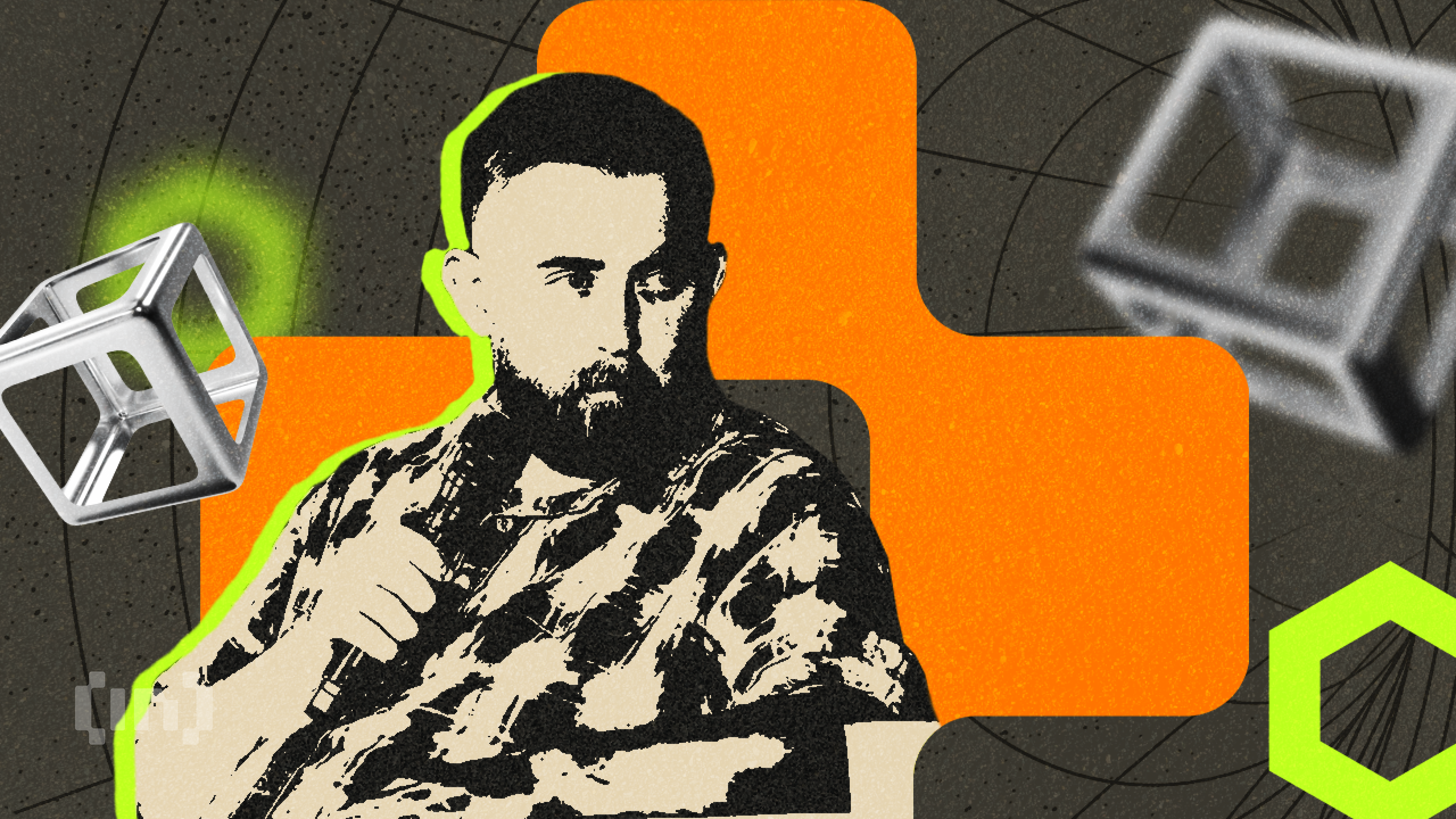Why Chainlink CEO Sees Big Future in Tokenization

Sergey Nazarov, co-founder of Chainlink, recently discussed the potential of new tokenization opportunities that promise to enhance transactional efficiency and asset management.
In the crypto ecosystem, tokenization is heralding a transformative shift. It could redefine the management and exchange of assets globally.
Adoption and Use Cases of Tokenization
Tokenization involves converting the rights to an asset into a digital token on a blockchain. This technology enables atomic settlement — transactions are completed instantaneously rather than over days. Moreover, it allows for more efficient collateral management, eliminating the time assets are in limbo and improving the financial use of capital.
“The ability to manage assets and move them in a more efficient way, whether that’s having a 24/7, 365 market, or better collateral management, solves a significant portion of transactional and asset management problems,” Nazarov stated .
A notable innovation in tokenization is the creation of a unified golden record. This approach integrates ownership rights with asset data into a single record.
Read more: What Are Tokenized Real-World Assets (RWA)?
Traditionally, asset management and data verification operate disjointedly, requiring extensive effort to ascertain an asset’s solvency or debt obligations. With tokenization, these details are readily available within the ownership receipt, significantly reducing the risk and complexity involved in asset management.
“The new model that’s now being introduced, the model of a unified golden record, is the ability to merge the ownership rights and the data about the underlying into a single thing – smart contracts, that holds the relevant data and keeps being updated,” Nazarov explained.
According to Nazarov, the complete tokenization of value, from equities to private equity and commodities, is inevitable. He believes that this is a once-in-a-50-year shift in how value is formatted and managed. He also emphasized transitioning from paper and digital records to blockchain-based smart contracts.
Chainlink has collaborated with major financial institutions like JPMorgan and Franklin Templeton to work towards bringing comprehensive, real-time data to blockchain platforms.
These collaborations aim to demonstrate the viability and benefits of on-chain fund management. By tokenizing funds, financial entities can reduce operational costs, increase transparency, and provide investors with up-to-date information about their investments.
Read more: What is The Impact of Real World Asset (RWA) Tokenization?
Tokenization stands poised to revolutionize the financial sector, bridging the gap between traditional asset management and blockchain technology. Indeed, it offers unprecedented efficiency, security, and transparency in asset management.
Disclaimer
In adherence to the Trust Project guidelines, BeInCrypto is committed to unbiased, transparent reporting. This news article aims to provide accurate, timely information. However, readers are advised to verify facts independently and consult with a professional before making any decisions based on this content. Please note that our Terms and Conditions, Privacy Policy, and Disclaimers have been updated.



